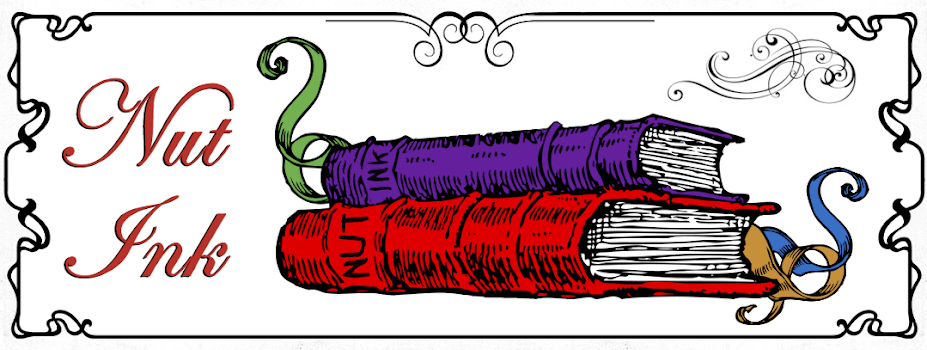Author: Frank Herbert | Page Count: 476
'Some never participate. Life happens to them. They get by on little more than dumb persistence and resist with anger or violence all things that might lift them out of resentment-filled illusions of security.'
-Alma Mavis Taraza
The last of the original Dune books wasn't planned to be the last. Frank had hoped to finish the second trilogy (Books V + VI + VII) but sadly he died before it could be written, less than one year after the publication of Chapterhouse. For the reader that means some things are left unresolved at the end of the book. The new directions hinted at don't come to pass as Frank would have directed them.*
Does that mean you shouldn't bother to read it? That's entirely up to you, but if you've read Book V: Heretics of Dune (1984), then I feel it would be folly to stop thereafter, because Book VI is an improvement upon its predecessor, bringing the quality back up to a level almost equal that of the first trilogy (I + II + III).
In Chapterhouse: Dune the Honoured Matres of the Scattering are hunting and killing the Bene Gesserit. The Sisterhood is large and spread across many planets but the Honoured Matres are erasing them from the universe on a mass scale.
To ensure the survival of both their Order and homeworld they have the option of setting something in motion that'll change everything, from the very small to the very large, like an interdependent ecology. The book explores the decision making process, among other more personal decisions, some of which are calculable to a certain degree but still dangerous.
The women have a small number of human subjects in their care, under deep scrutiny. Likewise, thanks to Frank's reveals, we're able to watch the watchers in the same manner. The Bene Gesserit view of themselves reveals much about the truth of themselves to an observer. The reader is also gifted a deeper insight into what the Spice Agony is and how it affects anyone brave enough to undergo the trial. (Like the aphorism says, change is the only constant.)
I was left wondering if, like in previous books, some of the passages/testimonials that introduce each chapter (in a sense presented as histories acting as a kind of prescient commentary when placed out of their original time) were from someone who would go on to play a key role in the next book; and if so, would their actions change how I view the things they said in this one.
4½ specialised complexities out of 5
*Brian Herbert (Frank's son) and Kevin J Anderson took up the mantle and attempted to write Dune VII, but rather than one book they did a Peter Jackson and split it into multiple parts (well, two). The books are called Hunters of Dune (2006) and Sandworms of Dune (2007). I've not read either of them because I read two-thirds of their Prelude to Dune Trilogy and found them to be a mere shadow of what Frank achieved, padded out with filler and lacking the multitudinous layers of what Dune should be. If I ever do give their Dune VII a try, I'll link to them.


